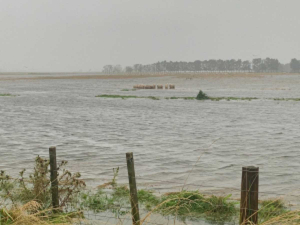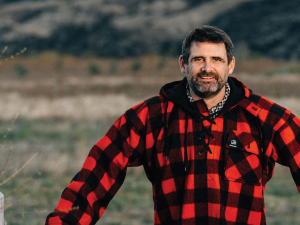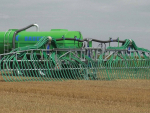OPINION: As the initial shock of the devastation to large parts of the rural landscape in the North Island by Cyclone Gabrielle eases, attention now turns to the recovery and rebuild.
As the head of Gisborne-based horticulture company Leaderbrand, Richard Burke, explains in this issue, following the initial shock of the disaster, now is the time to look at the losses and the challenges that lie ahead.
There is no doubt that those challenges are going to be great and many. As communications are gradually restored, a more accurate picture of the scale of devastation can be drawn. It will then be up to affected communities, as well as government and officials, to set priorities and fix the damage.
Reports from the affected areas describe the impact of the cyclone as ‘variable’. Some places have suffered little damage, while others have been hit terribly.
Early estimates suggest that up to 35% of the apple crop in Hawkes Bay could be lost. At this stage there is little knowledge or understanding of the impact on other primary sectors. However, it can be assumed that this will be major.
One of the first issues that needs to be addressed is access: bridges and roads were washed away and will take time to repair. Ironically, water is another big issue. As Gisbornebased farm consultant Peter Andrew points out, “There is barely enough for domestic use, but insufficient for industry, such as the meat processing plant and horticulture operations, which need water to wash produce”.
A key priority in any rebuild must be a serious look at the infrastructure around communications in rural and regional NZ.
In the aftermath of the cyclone, many impacted areas had no phone or internet coverage for days and even weeks. That is third world stuff and unacceptable – not to mention dangerous – in a country like NZ.
While there will be a time to debate the causes and mitigations that we must take to prevent similar events happening, that time is not now.
For the likes of Greenpeace to point the finger of blame at farmers – many of whom have lost lives and livelihoods – for Cyclone Gabrielle is low rent, cheap and downright inappropriate.
It is time for us all to rally behind those affected and do what we can to help.
We have already seen fellow New Zealanders pitch in with goods, money and diggers to help out those in affected areas.
That is NZ at its best.



















